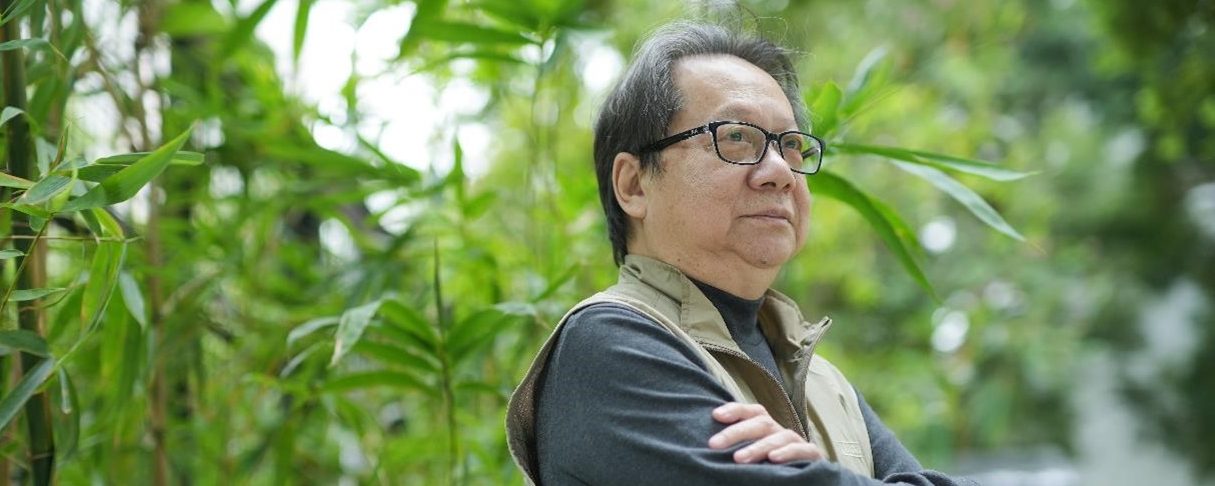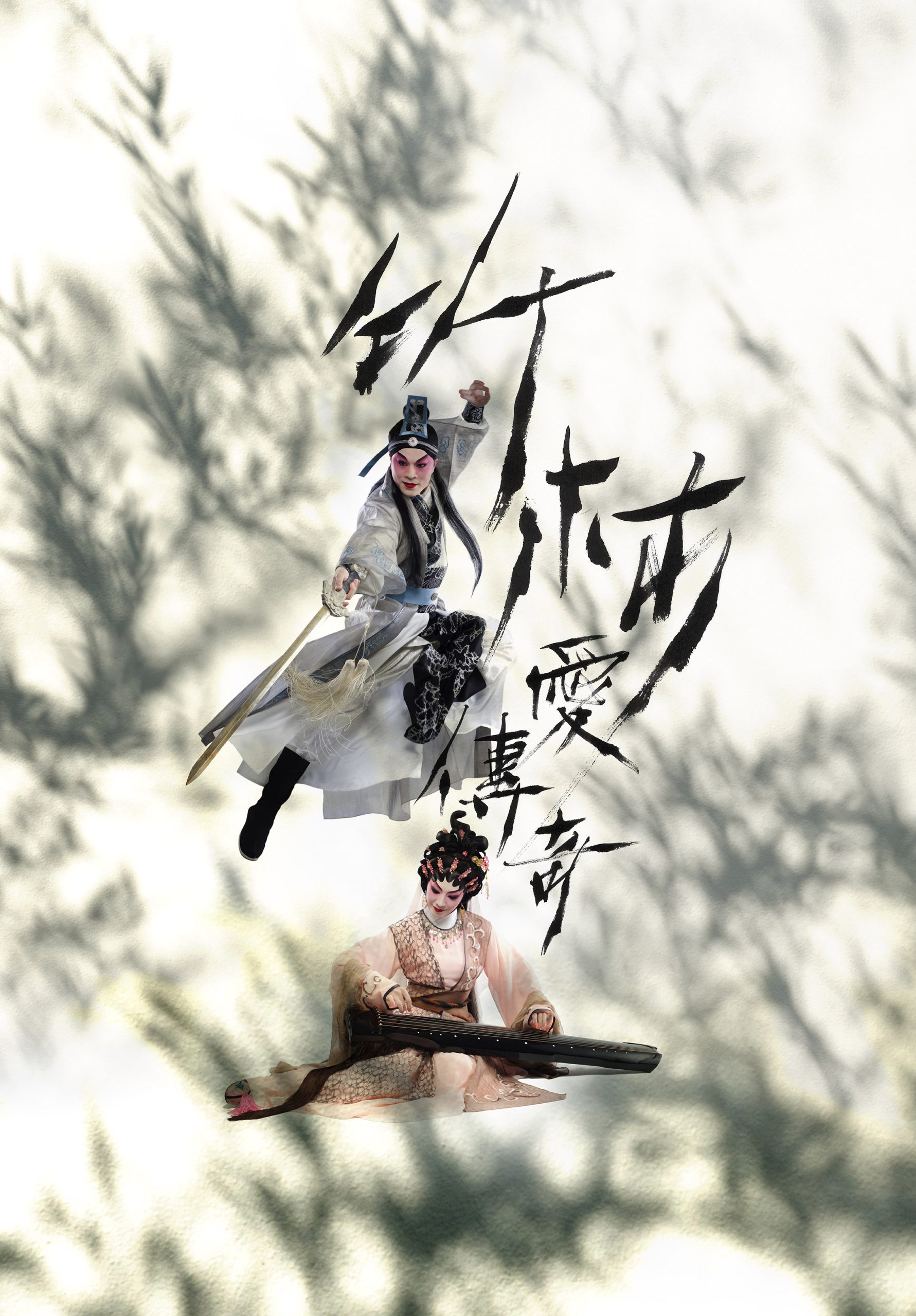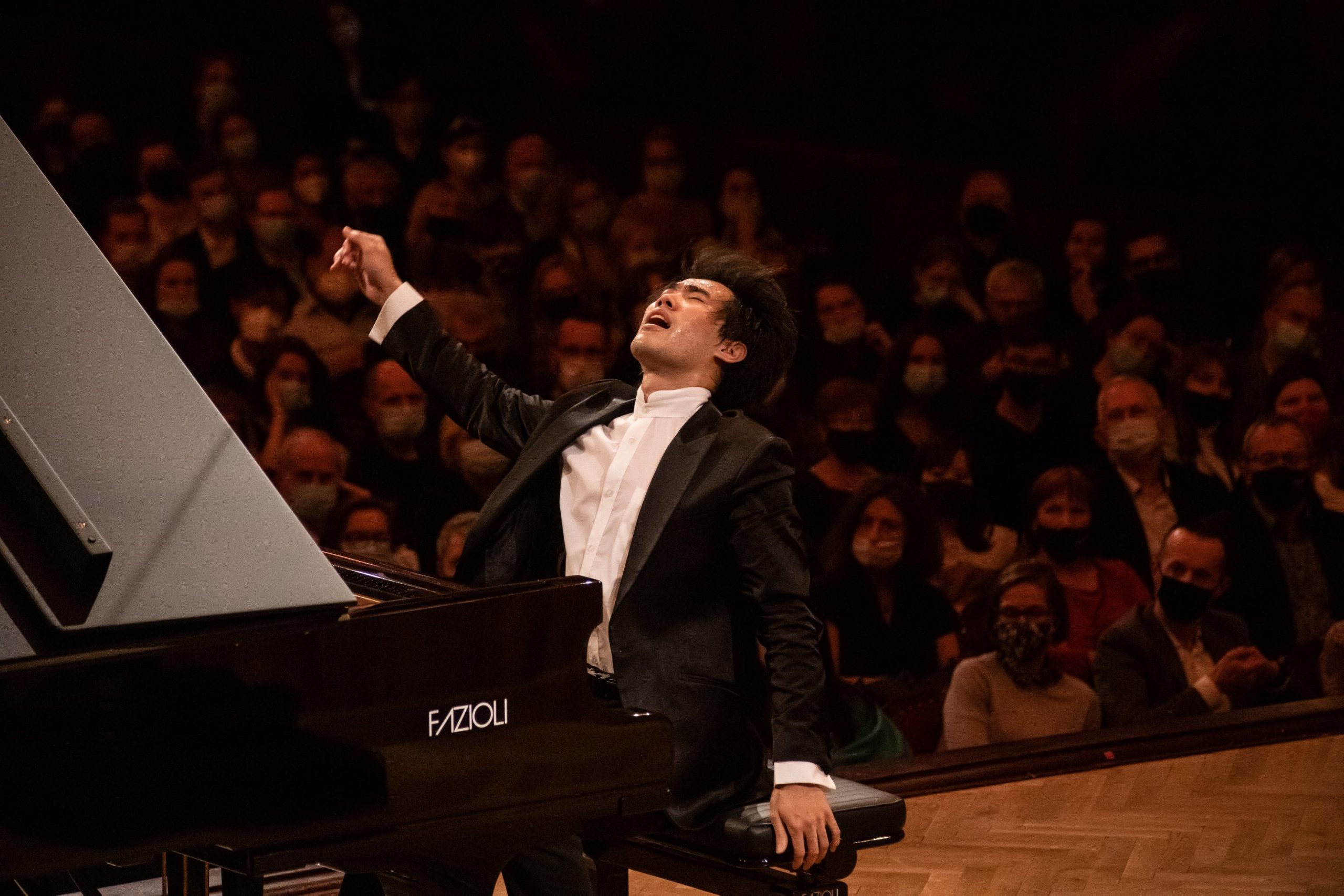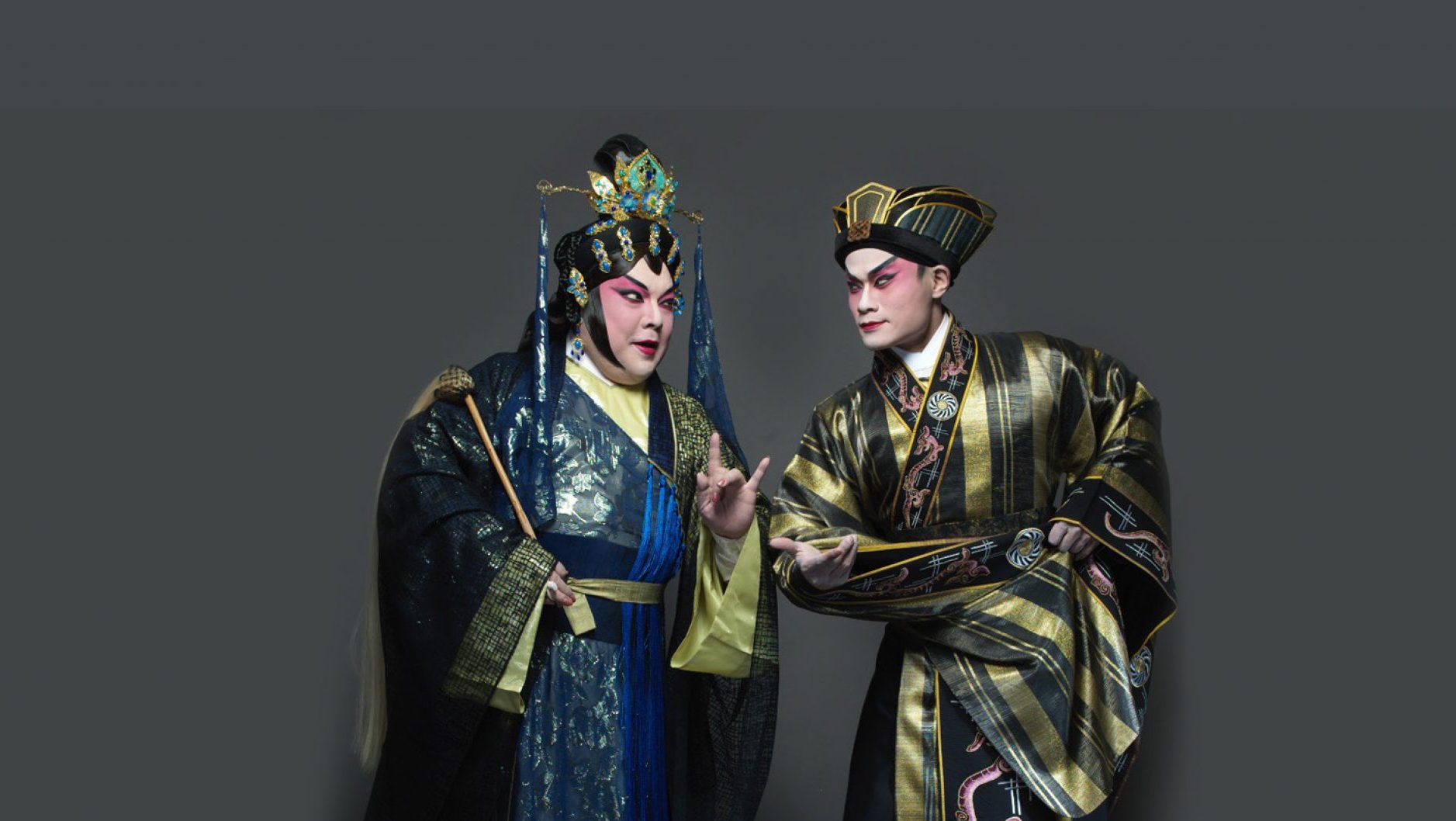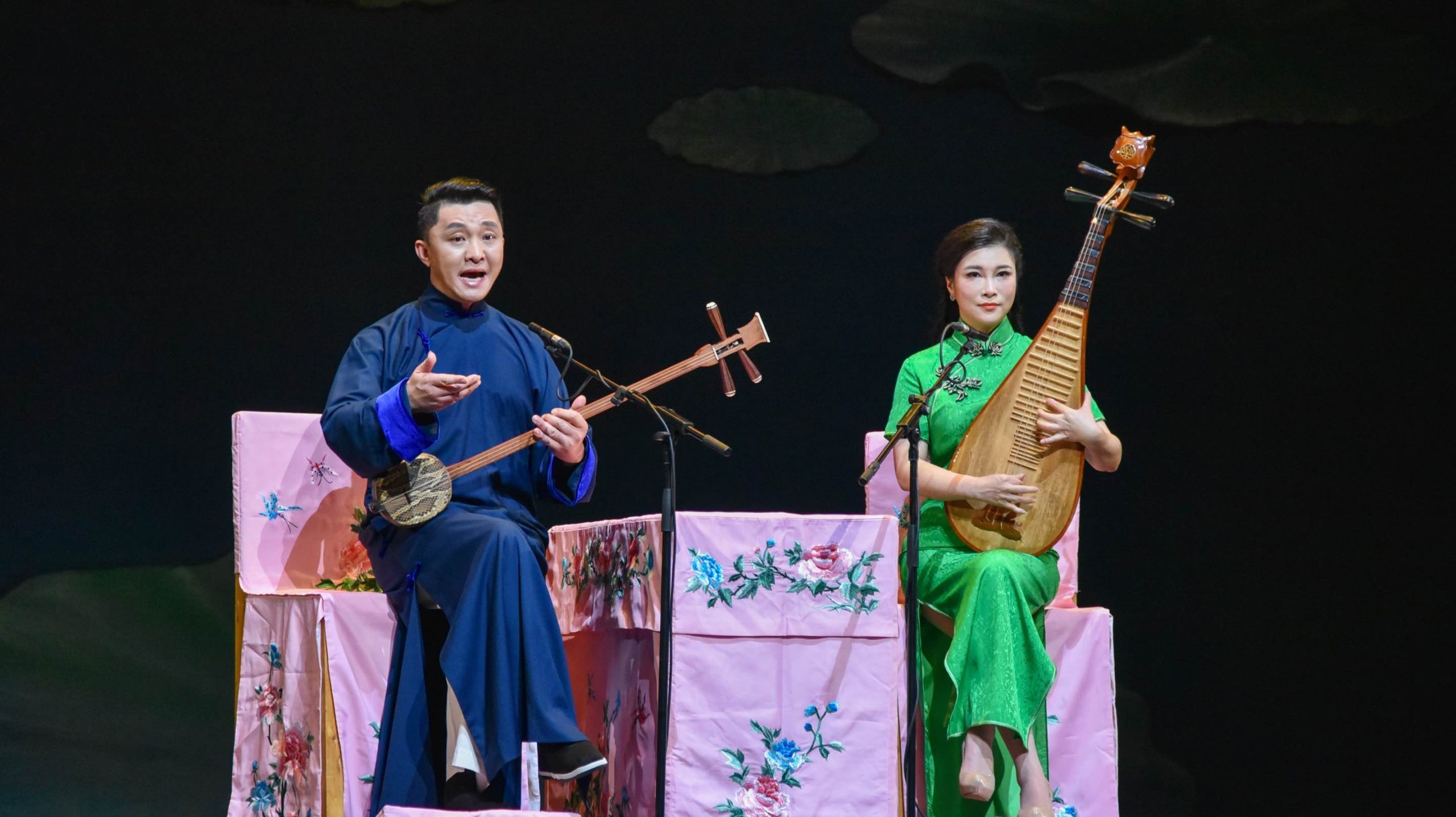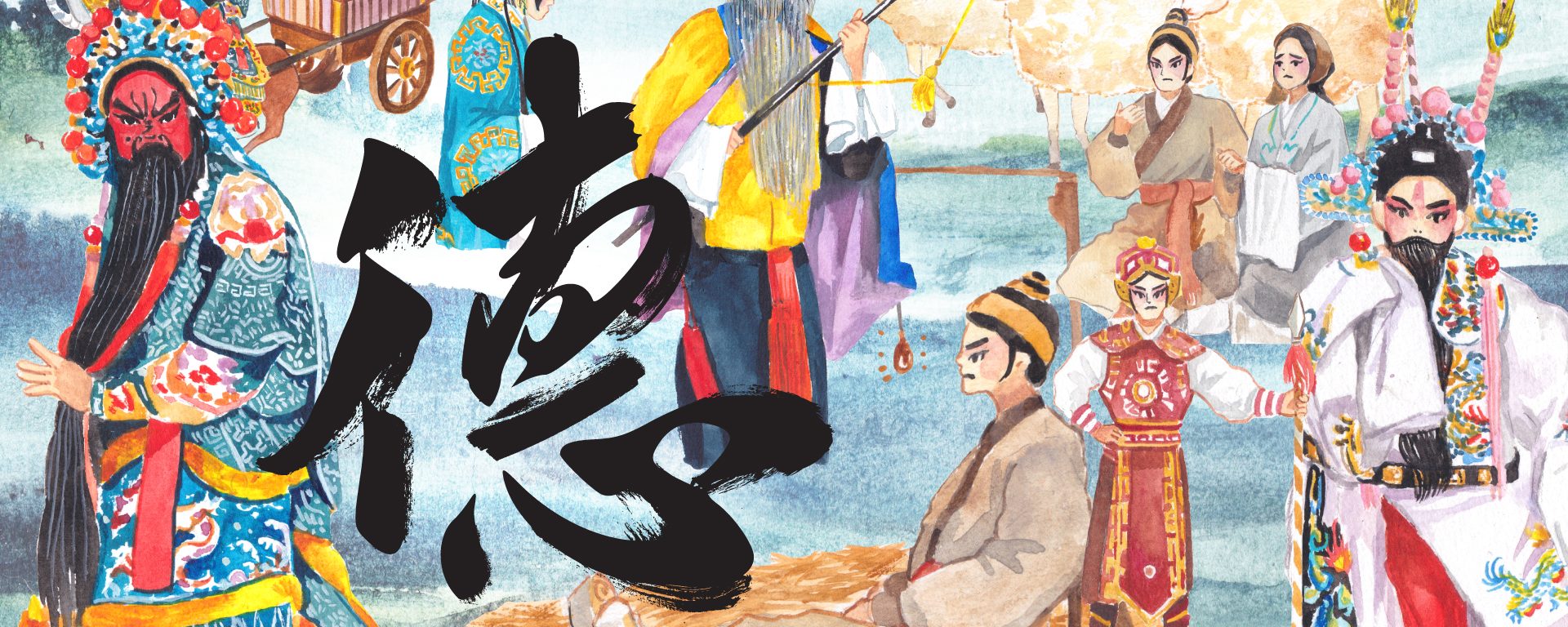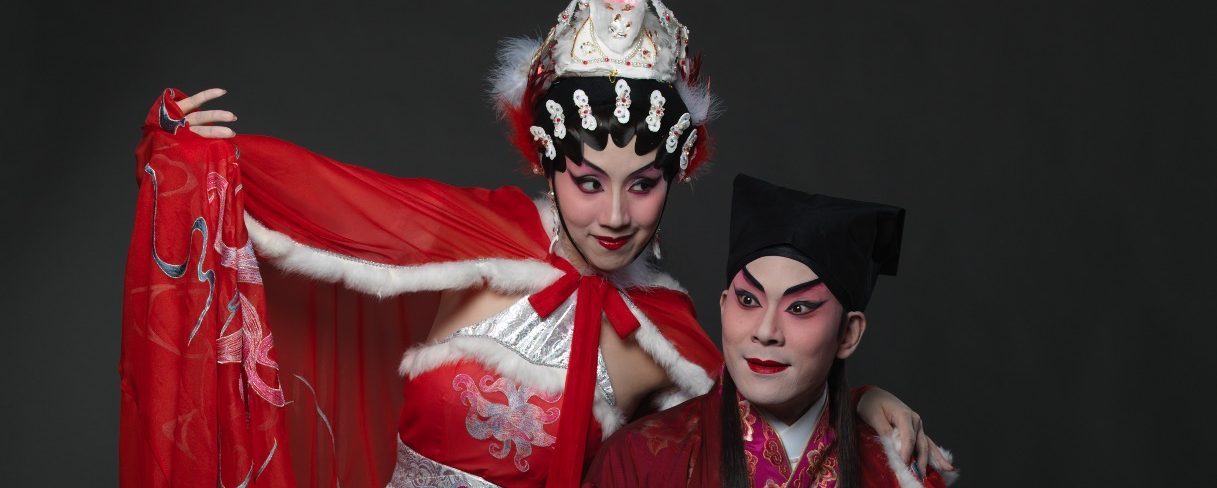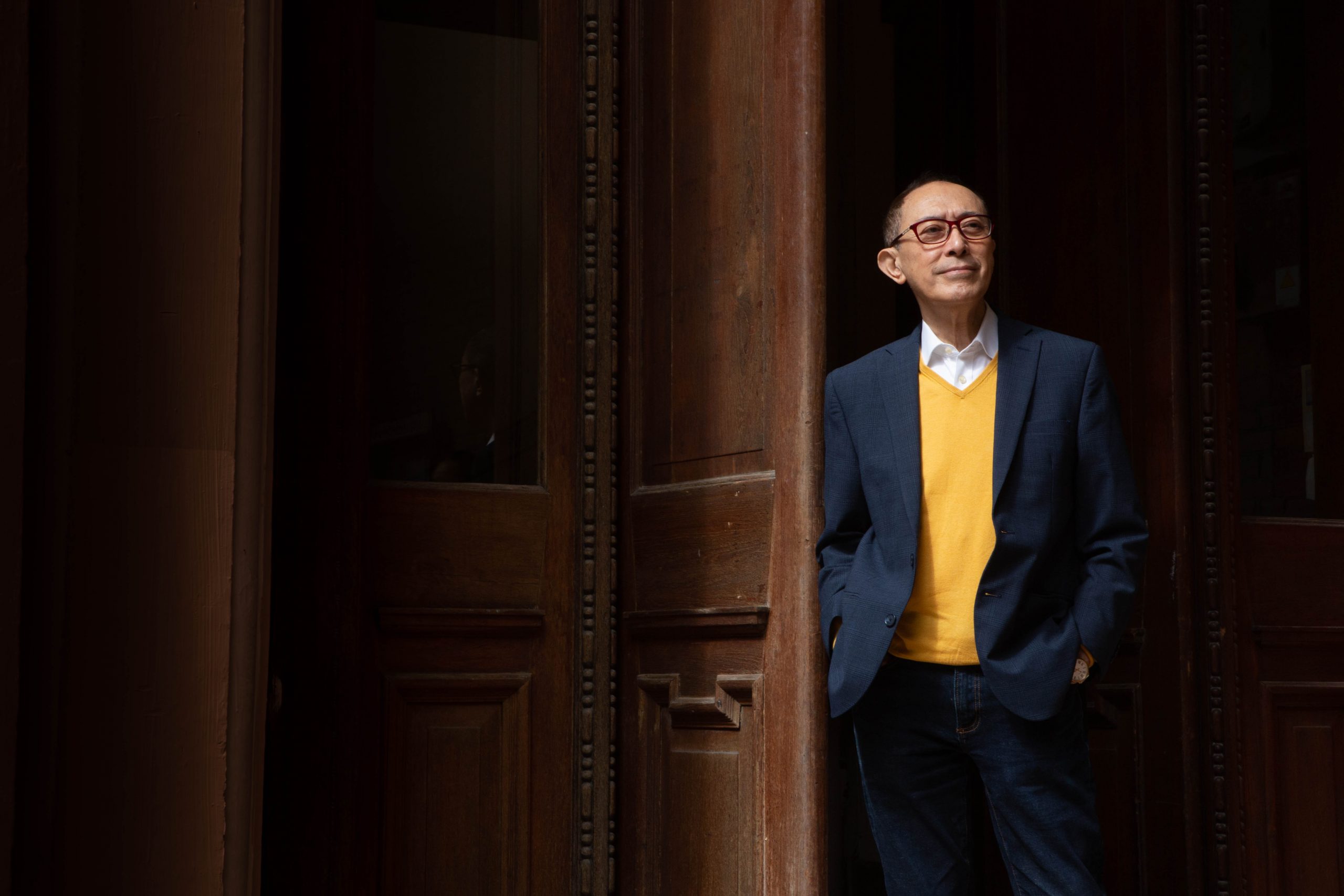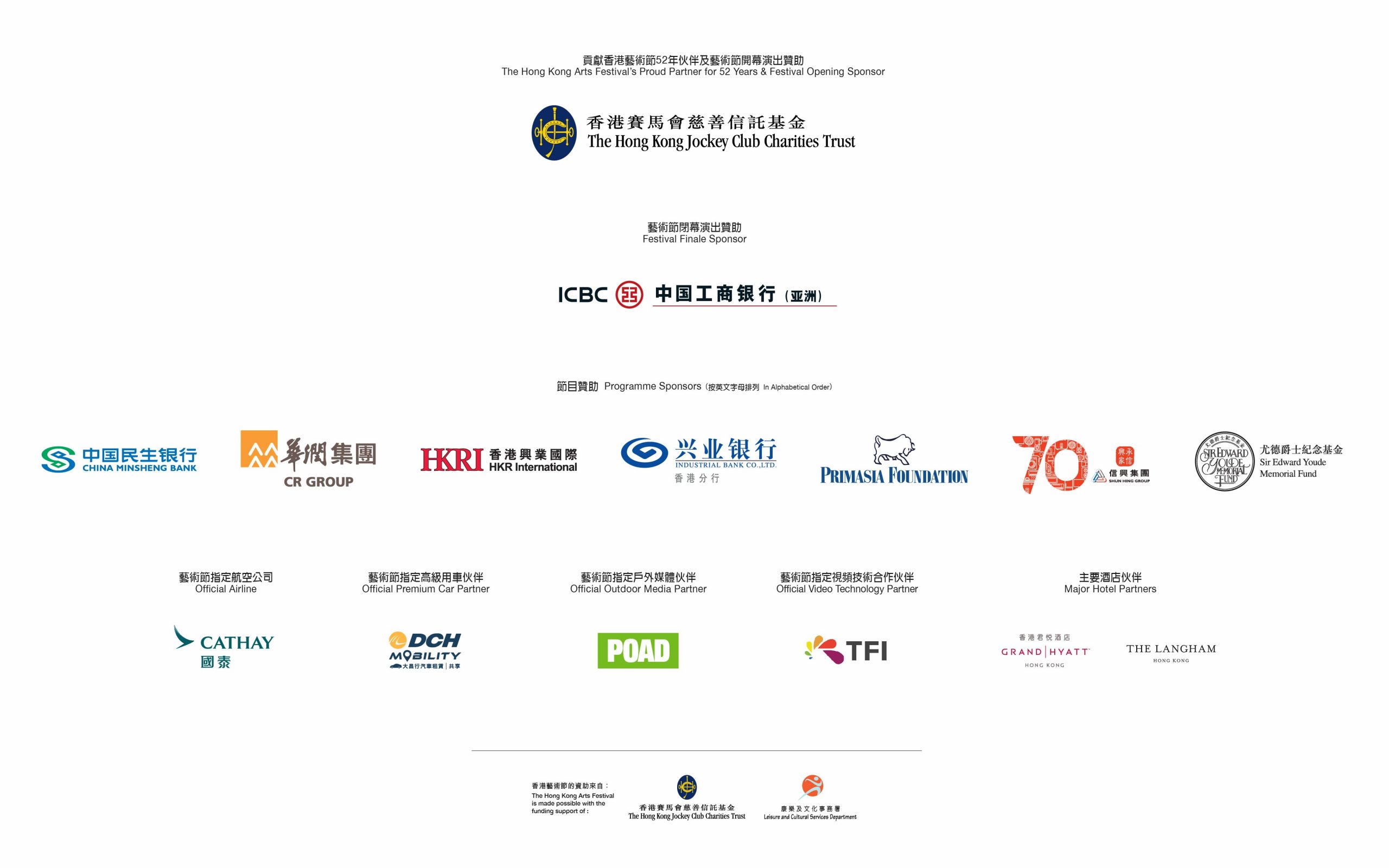The first sight you see when walking into Raymond To's humble home is a shelf full of trophies he received at the Golden Horse Awards and Hong Kong Film Awards. Just a few steps away, there's a small, quaint enclave full of Chinese paintings and calligraphy. The multifaceted space reveals the many hats that To has been wearing over the years—playwright, screenwriter, painter and now, with his latest work, Love in the Bamboo Grove, the newly added role of Cantonese opera librettist. To enjoys walking the roads less travelled, and this time he's been on a romantic journey of blood and tears to the abstruse cosmos full of Taoism.
A film and theatre virtuoso returns to his Cantonese opera origins
To's writing career has always been connected to Cantonese opera. As a rising playwright more than 20 years ago, To's popularity was built on his fine scripts for films and stage plays based on Cantonese opera. His notable Hu Du Men tells the story of a woman who professionally plays the "civil and martial" male leading role in Cantonese opera. Blockbuster The Mad Phoenix chronicles the epic life of legendary Cantonese opera playwright Kong Yu-Kau (often referred to by the stage name "the 13th son of Nanhai"). Cantonese opera has been To's calling, not just as a source of inspiration but an art form he ultimately yearns for, all dating back to his childhood years. While working as a junior broadcaster for Rediffusion Television, To sat alongside Cantonese opera celebrities Sin Kim-lai, Tang Kee-chan and other big names in the radio station. Frequenting Cantonese opera theatre as a little boy, To recounts: "For my generation, going to the theatre was as common as kids listening to rap music nowadays. Kids often got free entry. They simply sat on their mothers' laps during the night-long play."
Four decades of writing have passed at the click of a finger. Over the course of a vast but focused career, To did attempt to create Cantonese opera using a different approach, such as what was described as the "Chinese opera-musical" The Pearl Shirt (a Cantonese opera version was made afterwards), in which To sought to defy the conventions of the traditional performing art. And after flirting with experimentation, To's greatest wish now is to write a "genuine" Cantonese opera script. Faithfully equipped with gongs and drums, a prescriptive singing system, hand movements and everything else inherited from tradition, Love in the Bamboo Grove is a fresh take on the classic art form.
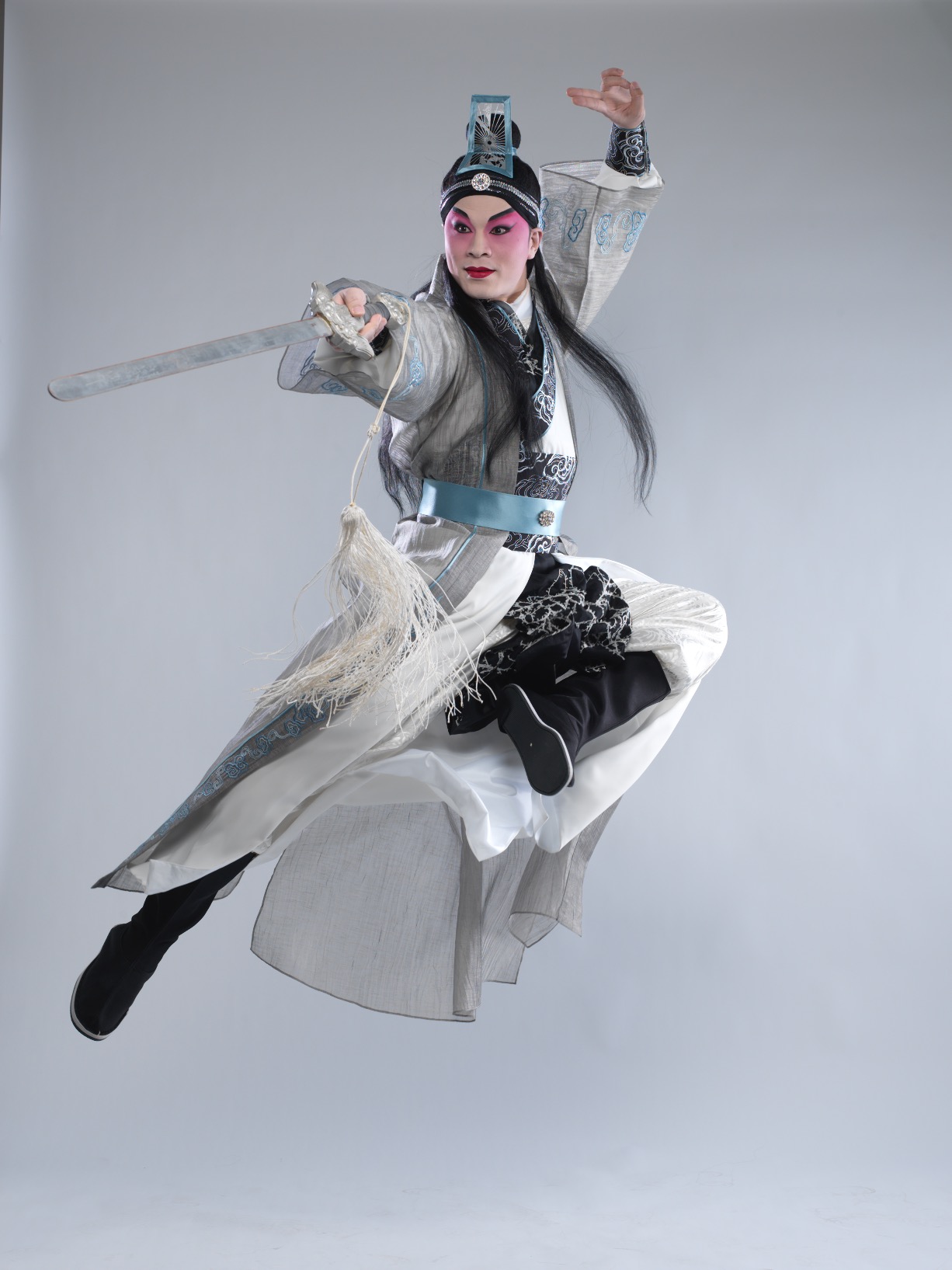
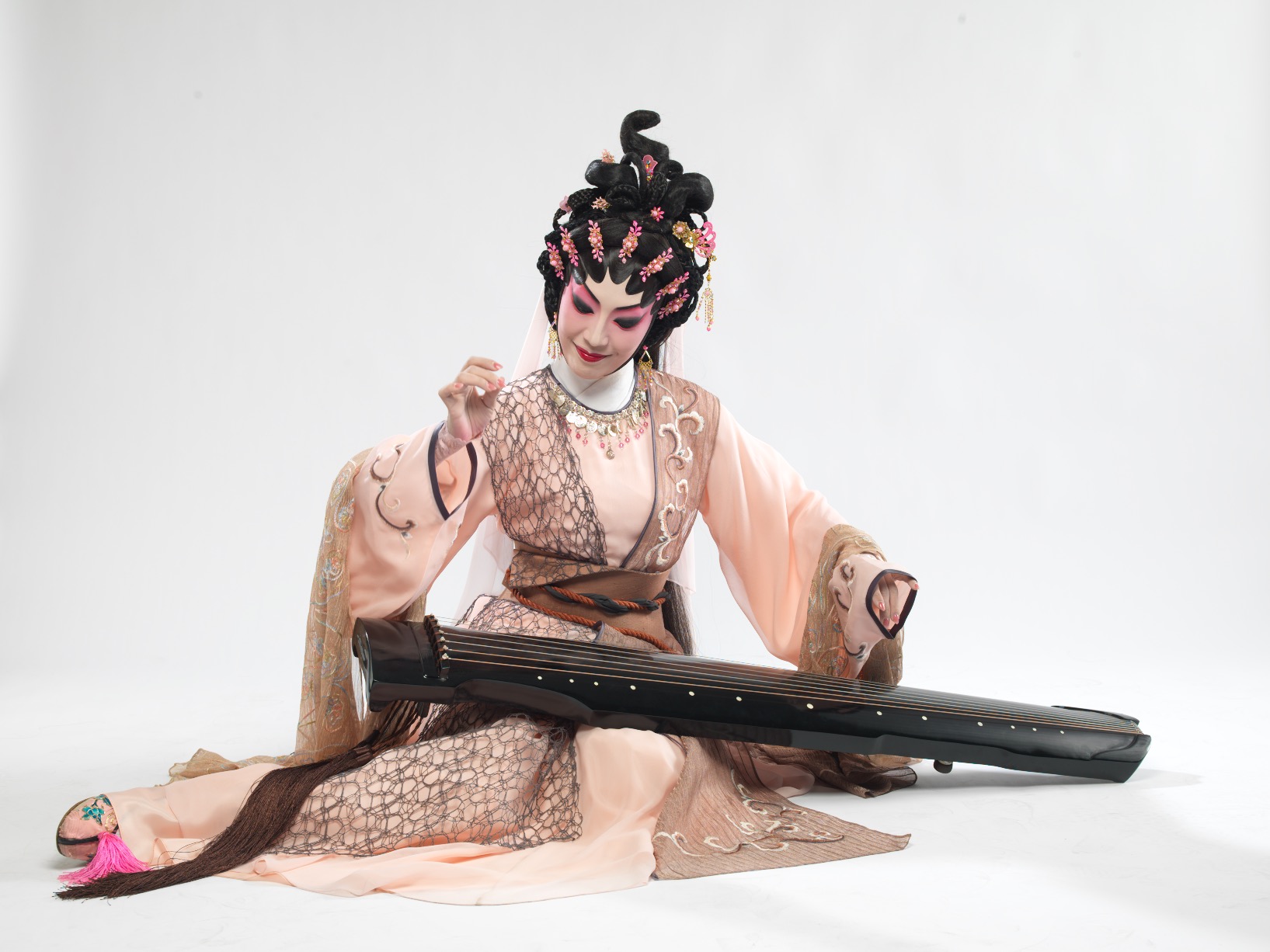
From ruins and debris to Taoist utopia
How does tradition coexist with innovation? Backed by an in-depth historical analysis, the early Jin dynasty-set Love in the Bamboo Grove illustrates the quest for love and selfhood by two descendants of the Seven Sages of the Bamboo Grove against social unrest and a feud between warring families. Although the subject of romantic love between a handsome young man and a pretty girl is regularly seen in classical Chinese literature, the work is not a plain ode to the stereotype. Set in the lesser-known context of the Western Jin dynasty and using the form of Cantonese opera to retell the unique tale of the Seven Sages, the work has a lot to offer modern audiences.
So who were the titular Seven Sages? They were a group of idiosyncratic intellectuals devoted to nature and leisure. Rejecting urban life and politics, the group indulged in play and alcohol, influenced by the Taoist philosophies of Laozi and Zhuangzi. To elaborates: "The hidden motive behind the play is to raise people's awareness of Taoism, a fundamental discipline embedded in our cultural DNA that's been overshadowed by mainstream Confucianism and Buddhism. The Three Teachings of Confucianism, Buddhism and Taoism have been a harmonious aggregate in Chinese philosophy since the Jin dynasty, but most of us have neglected the importance of Taoism in the history of thought. I hope to construct a world that is pure and true to Taoism through this play."
While the teachings of Laozi and Zhuangzi are often seen as vague and difficult to grasp, To decided to deal with this enormously complicated topic using a simple love story. "Taoism is not a monotonous set of values; it is about adjusting controversies and finding 'oneness' across heterogeneous matters. The social-political world is ever-changing, people's conflicts are never-ending, but there is always a universal substance that connects everything." The story depicts an array of characters with divergent standpoints; some are loyal to their vow of living as a recluse and some—such as Shan Tao—decide to resume political duties. The script makes no judgement and is completely neutral on each character. "What matters the most in a play is still the entertainment aspect. When an audience is asked to think continually, there is no room to enjoy the art. After the show, if there is a particular role that intrigues you, or even represents you, that will be your personal answer to all the questions."
